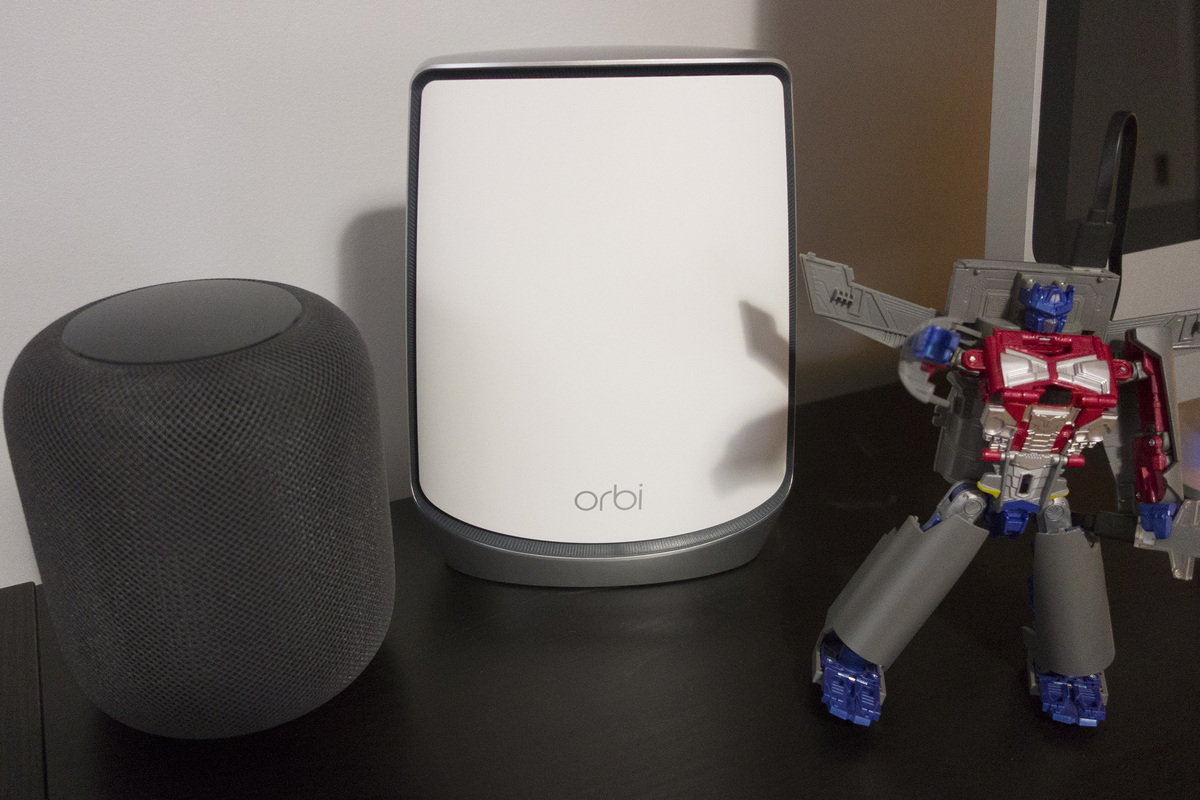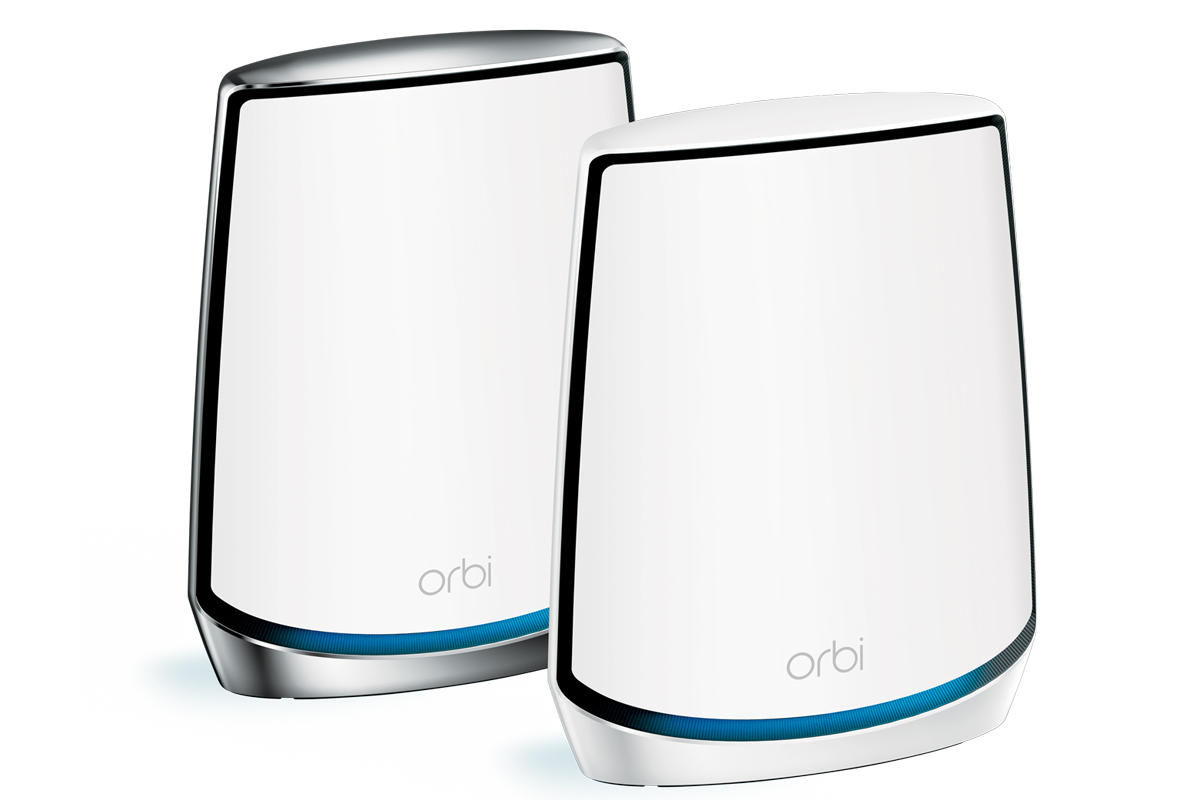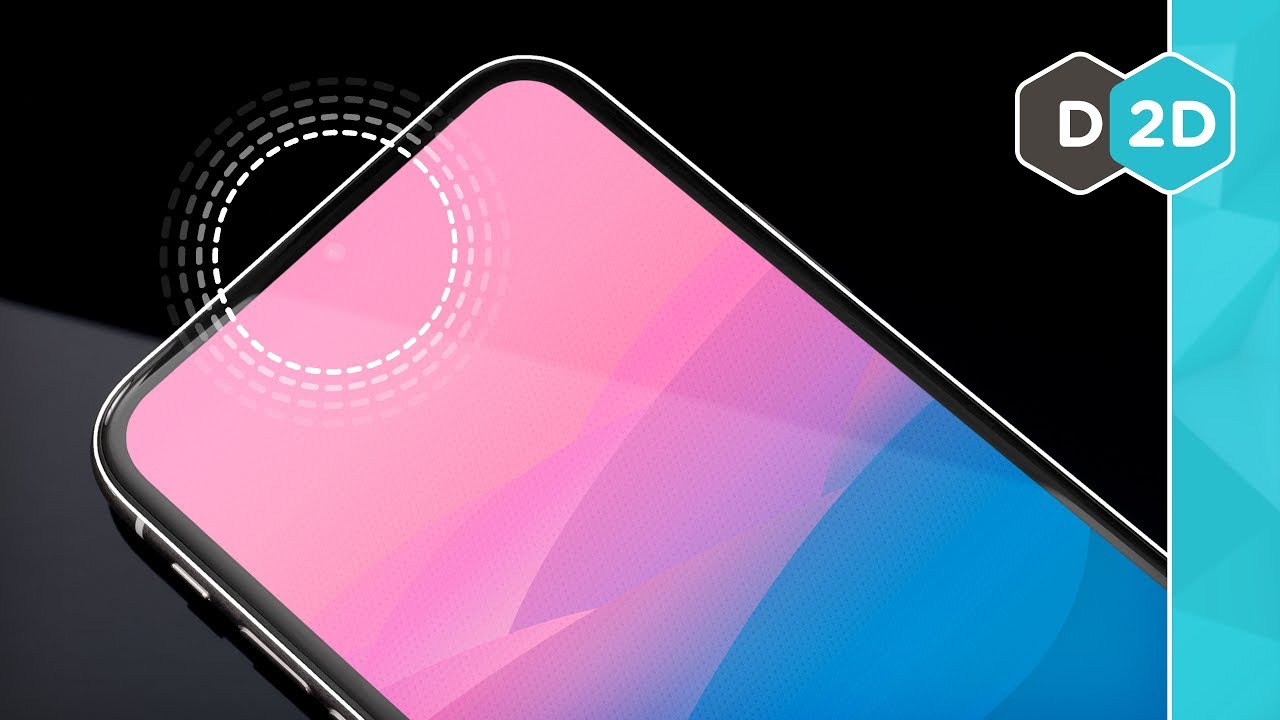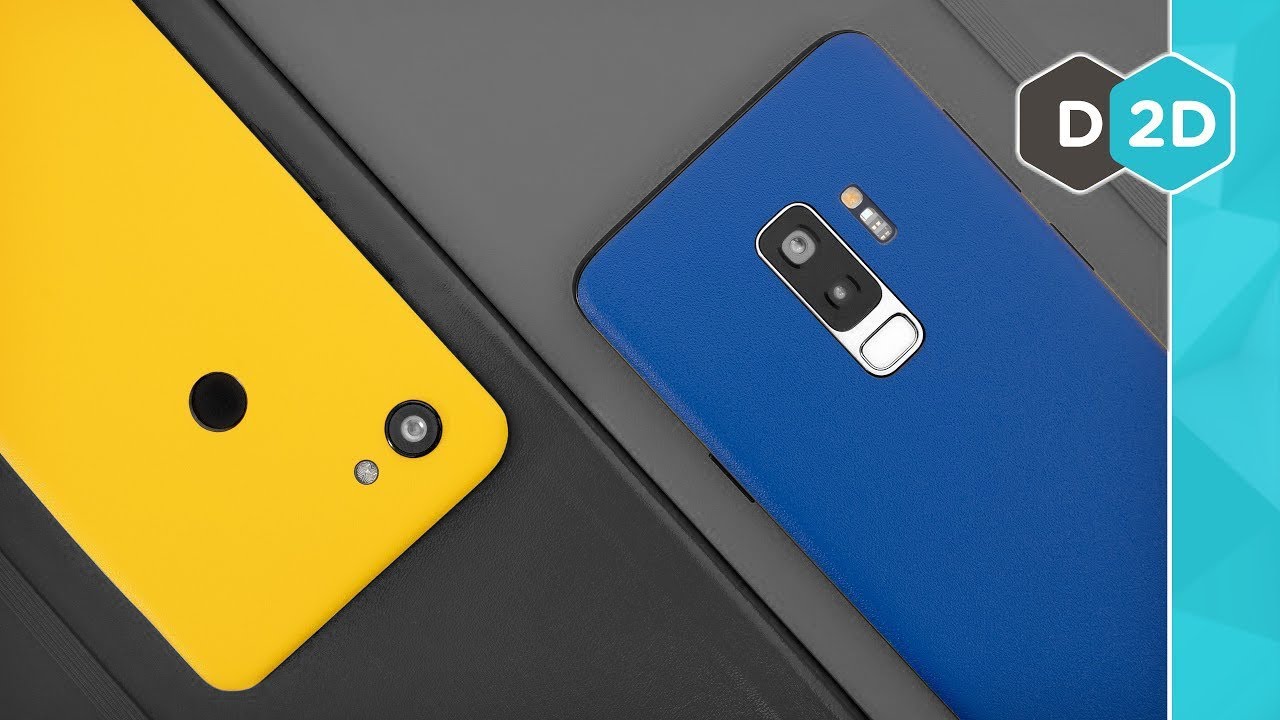
As a long-time freelancer and work-from-homer, I’ve owned a lot of routers in my quest for the speediest and most pervasive possible Wi-Fi. I had the original Apple Airport, followed by the AirPort Extreme, the Linksys WRT3200ACM, and most recently, the Netgear Orbi RBK50.
Each time I replaced my router, the speeds and coverage boost was measurable but relatively muted. The jump from 801.11n (Wi-Fi 4) to 802.11ac (Wi-Fi 5) was noticeable, but not monumental. And upgrading to a mesh router was easy, but it didn’t deliver a huge leap in coverage over the bridged Airport routers I was using previously (I had configured one Airport as a router, and a second as a range extender). When I wanted a speed boost, I paid for a higher-speed tier from my ISP.
But when I hooked up my new Netgear Orbi Wi-Fi 6 system (specifically, the Costco-exclusive Orbi RBK842-1CCNAS, which set me back $550), it was like going from dial-up to broadband. Yes, it’s an expensive router. And Netgear’s slightly faster Orbi RBK852—available from other retailers—is even pricier. Amazon was selling it for about $700 at this writing. Both models are tri-band mesh systems consisting of a router and one satellite, but the Costco SKU delivers slightly less bandwidth on its 2.4GHz network: 900Mbps vs. 1.2Gbps.
Most of my client devices have dual-band (2.4- and 5GHz) network adapters onboard, and the ones with 2.4GHz-only adapters don’t need high bandwidth, so I’m OK with it. The bottom line is that this Wi-Fi 6 router is worth every penny. And it’s not just because of the easy setup and maintenance. On my porch, where I was barely getting throughput of 20Mbps, I’m now getting around 100Mbps. I even tested it by putting the client in a closet with the door closed and I still topped 100Mbps.
 Netgear
NetgearThe Netgear RBK852 is a high-end Wi-Fi 6 mesh router plus one satellite.
I’ll be honest, I didn’t expect such a boost, as my previous Wi-Fi system was plenty good. I had Netgear’s Orbi RBK40 with an extra satellite, and I had no complaints. Quite frankly, I planned to return the the Wi-Fi 6 system if my benchmarks showed that it wasn’t a lot faster than what I had. Suffice to say, I’m keeping it. For the first time since I’ve been hooking up Wi-Fi routers in my home, I’m confident that I won’t need to replace this system for many years to come, even if I opt to upgrade my internet plan (both Netgear models are equipped with 2.5Gbps WAN ports).
Note that I’m a router hobbyist and not an expert, so I’m using the Speedtest app to measure my connection to the internet. That means the speed between a server and a client on my home network—which is how we more typically benchmark Wi-Fi routers—could be even faster. If you have a slow internet connection, your own Speedtest results might be artificially low, because they can’t be higher than what your ISP is providing.
Supercharged everything
As with previous generations of…
https://www.pcworld.com/article/3532332/why-i-bought-a-high-priced-wi-fi-6-router.html#tk.rss_all
















